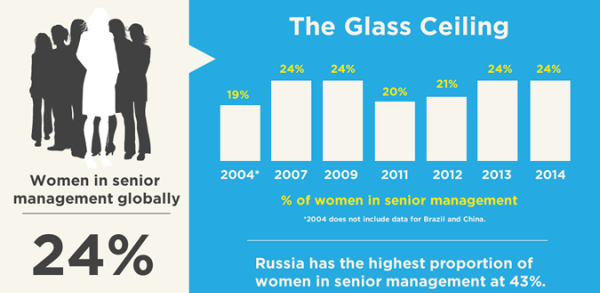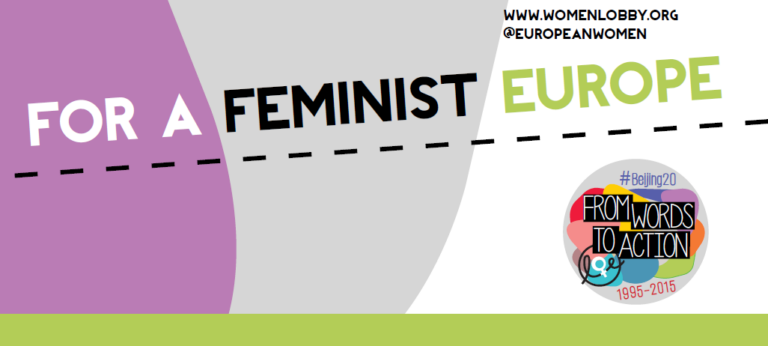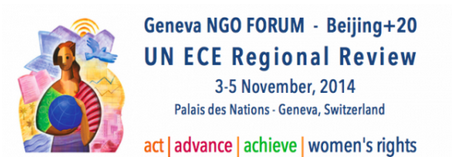[September 2014] In 2015, the Beijing Platform for Action runs 20. As part of UN Women’s Beijing+20 campaign, this month’s focus is on the Women and the Economy. You can find more information on UN Women Beijing+20 website: facts and figures, take the quizz!, interview with Christine Lagarde, news from the world and videos, resources.
Many doors have opened. Women today are farmers, factory workers, CEOs of companies, scientists, engineers, doctors, and hold many other jobs that may have been unthinkable in the past. Women have vast and positive impacts on the economy, in business, agriculture, and industry, and as domestic workers, market vendors, migrant workers, and through their unpaid care work. Despite some progress, obstacles to women’s full and equal participation, including the lack of an enabling environment, persist. The Beijing Declaration and Platform for Action, adopted by Member States in 1995, highlighted women and the economy as one of the 12 critical areas of concern. The 189 governments that signed the agreement committed to undertaking concrete action to address specific objectives towards enhancing women’s positions in the economy.
In spite of strong evidence that realization of women’s economic rights, especially in terms of work and income, advances economies and sustainable development, women still remain disproportionately affected by poverty, lack of land and inheritance rights, and discrimination and exploitation in the labour market. Early and child marriages, as well as lack of access to education has negative impacts on women’s lives and well-being, as well as their human potential and economic contributions. Though progress has been made on ensuring primary school education for all girls and boys, access to secondary and higher-level education remains a challenge in some countries for girls, limiting potential choices in employment. The pandemic of violence against women also has a profound impact on families and communities, hampering development, and costing countries billions of dollars annually in health care costs and lost productivity.
The forward-looking Beijing Declaration and Platform for Action agreed to make substantial changes in women’s lives in all of these areas, and also undertake improvements in eliminating occupational segregation, especially by promoting the equal participation of women in highly skilled jobs, STEM industries, and senior management. It also committed to promoting the balance of work and domestic responsibilities for women and men, including improving access to quality, affordable childcare, and stressing the need to ensure that pregnant women, women on maternity leave and women re-entering the labour market after childbearing do not face discrimination. Renewing and reinvigorating these commitments will promote greater gender equality and enhance the well-being of women and men, households and communities in both the global North and South.



